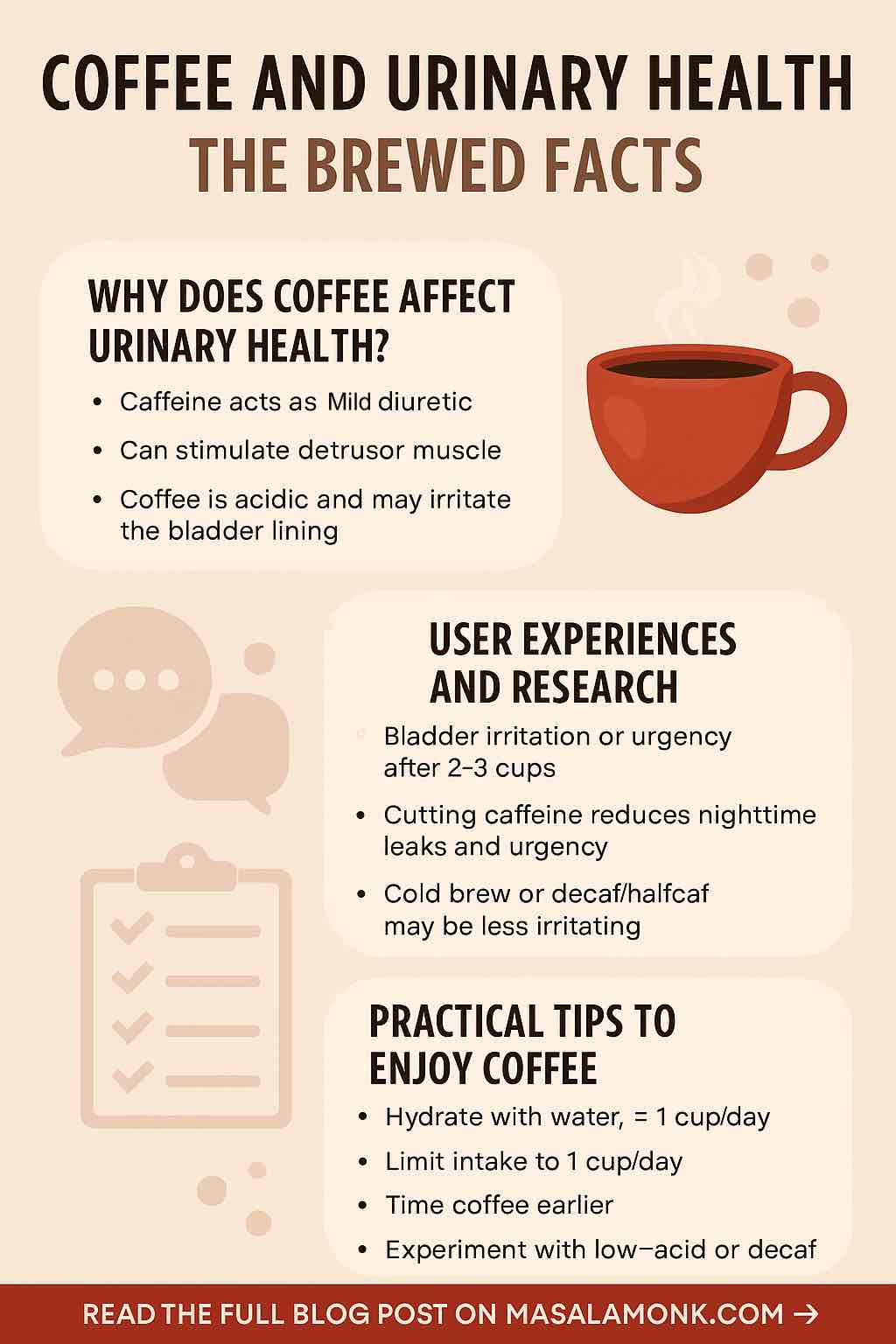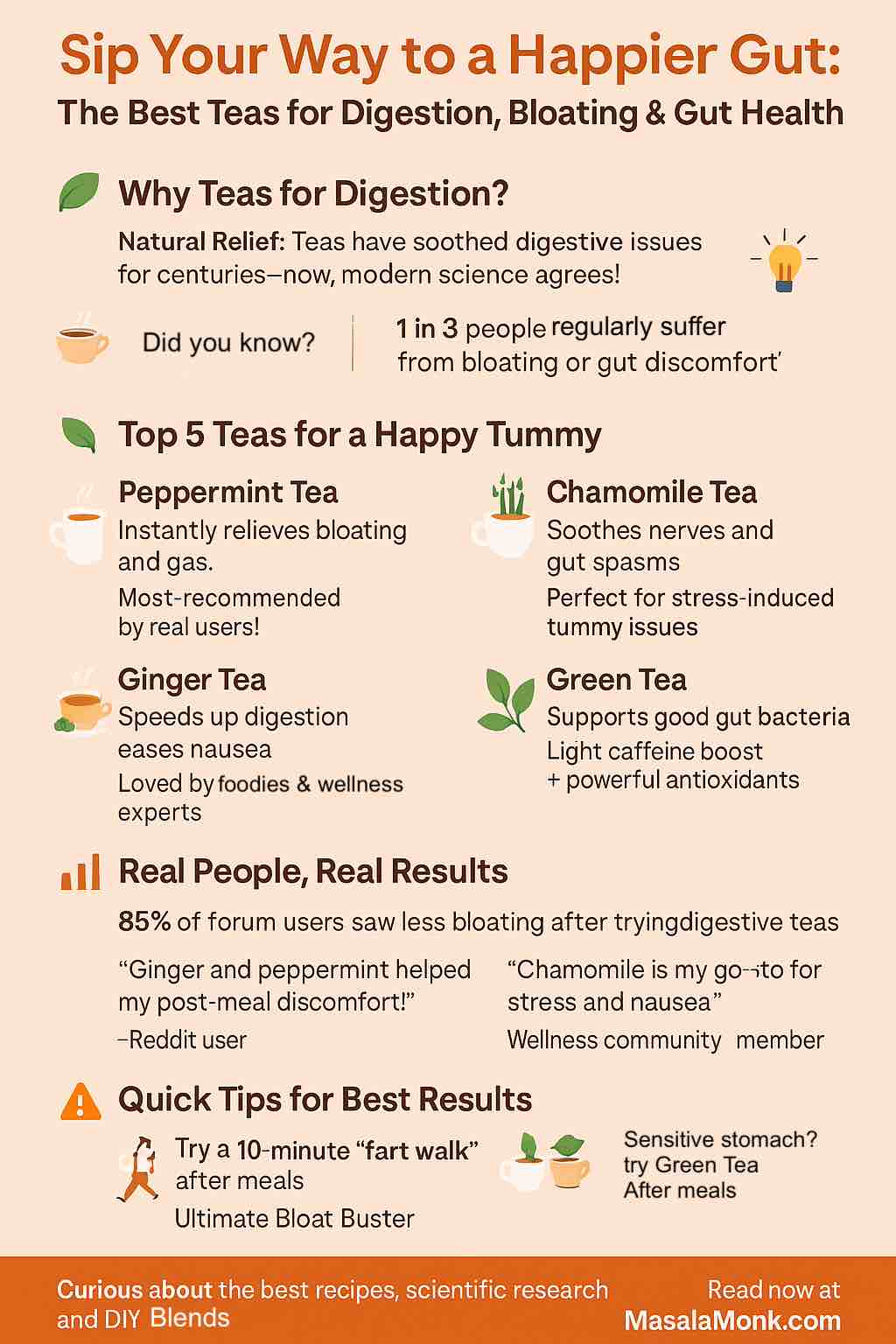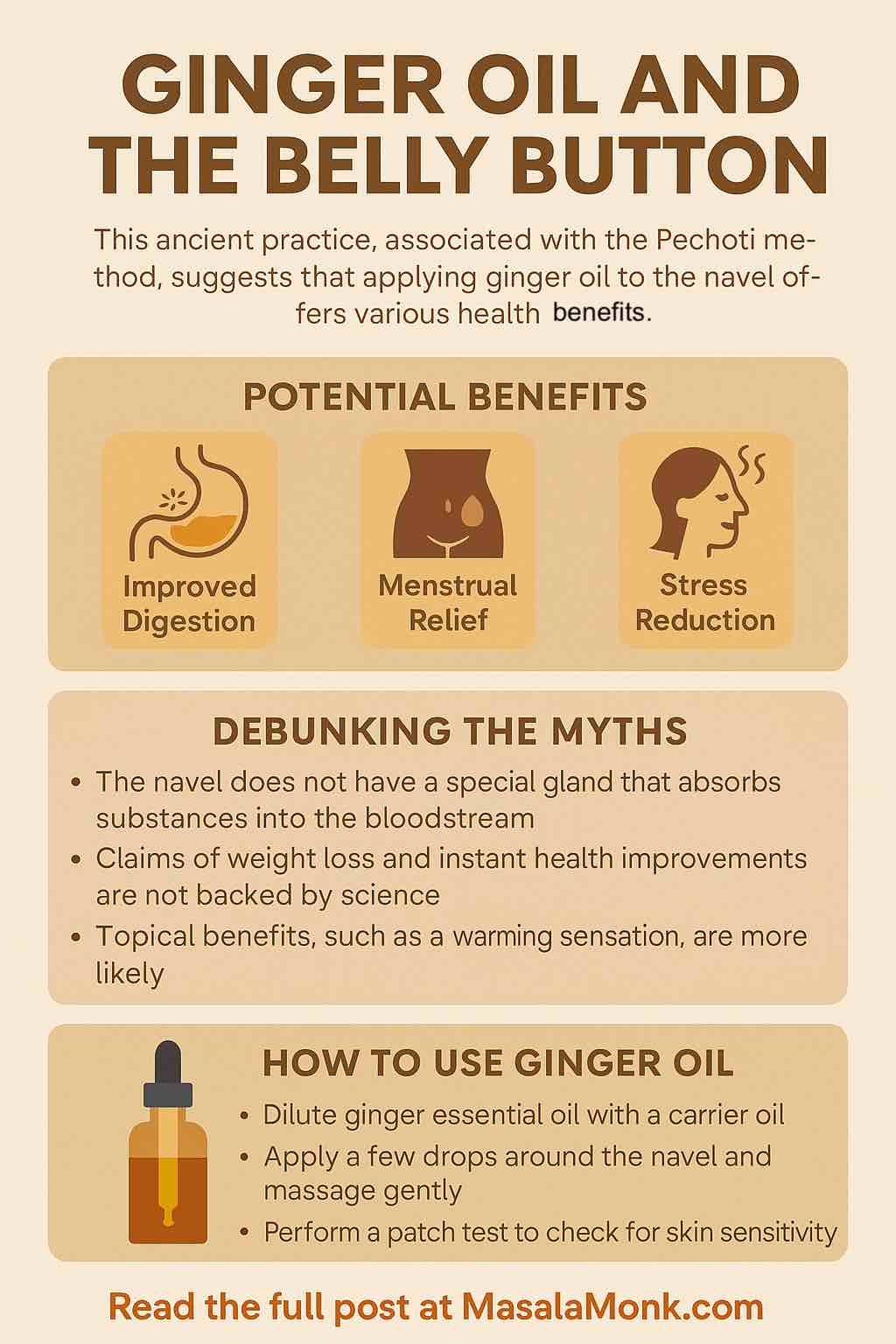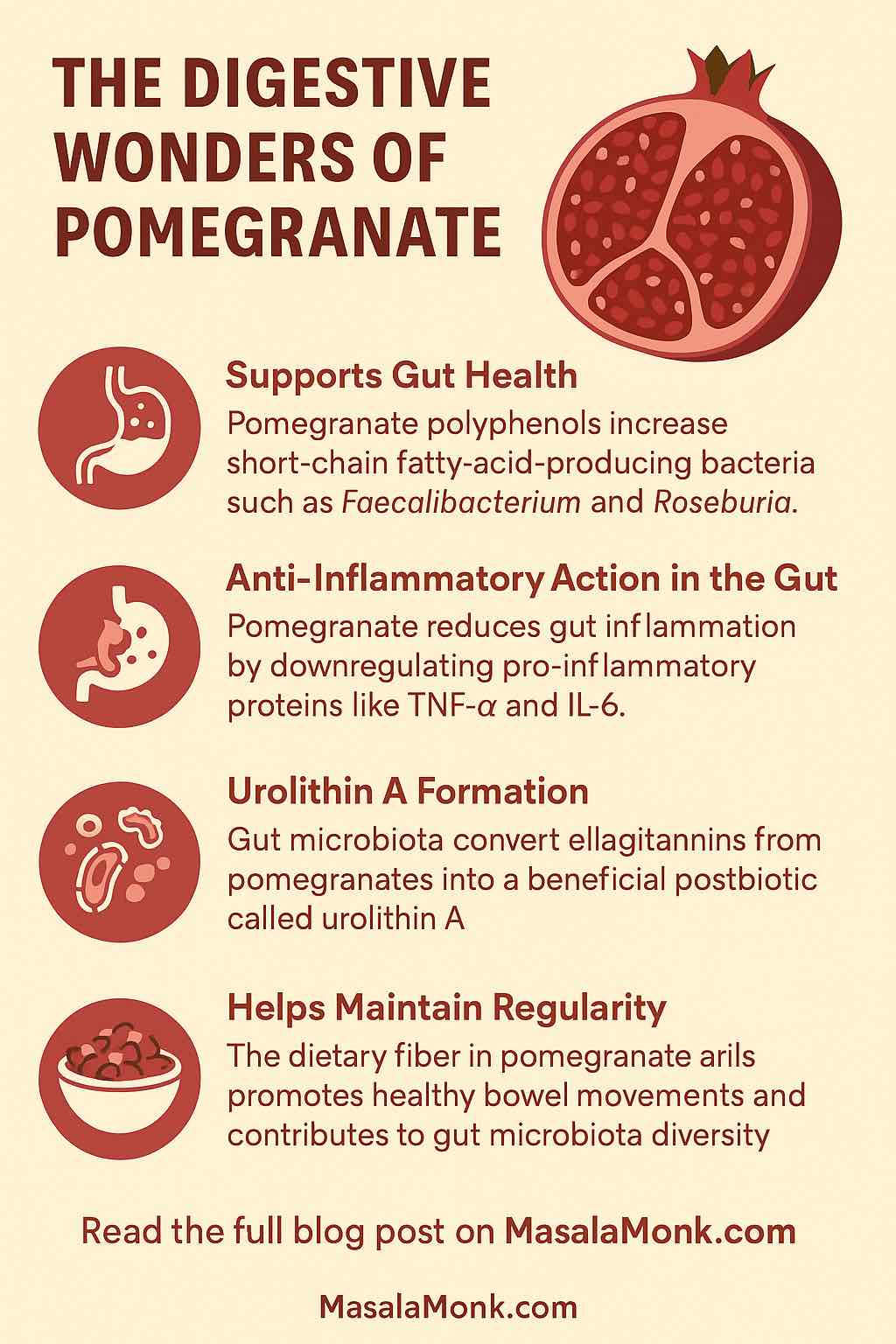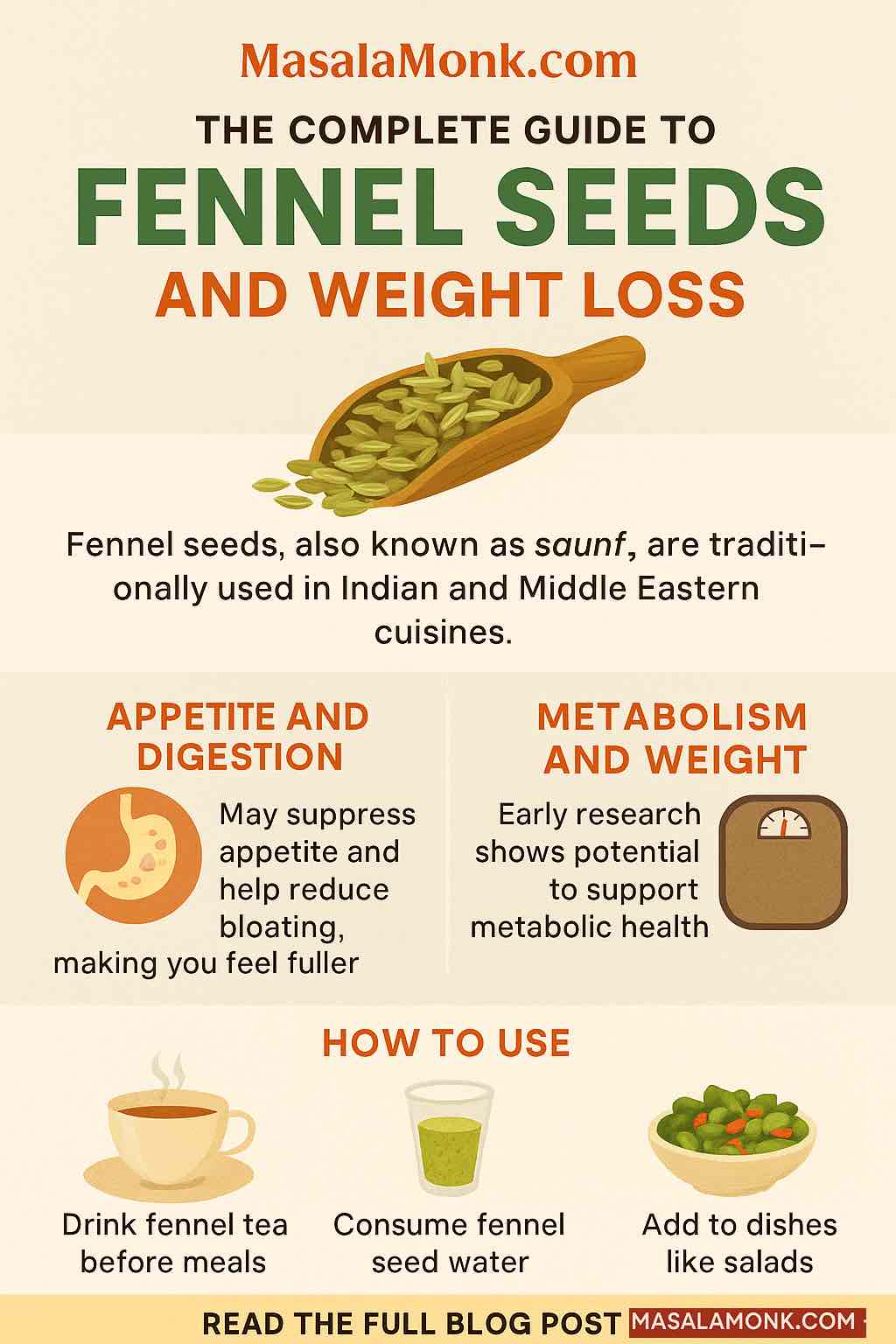
Can a humble kitchen spice help you on your weight loss journey? Discover what fennel seeds really do, how to use them, and what real people say about their results.
🌱 What Are Fennel Seeds?
If you’ve ever finished an Indian meal with sweet, aromatic “saunf,” you’ve already met fennel seeds. These small, greenish seeds come from the Foeniculum vulgare plant and have been used for centuries to aid digestion, freshen breath, and spice up food.
But can they really help you lose weight? Let’s dig into the evidence, experience, and easy ways to use fennel seeds for better wellness and maybe a trimmer waistline.
🧬 The Science: How Fennel Seeds Might Support Weight Loss
1. Appetite and Satiety
Fennel seeds are high in dietary fiber and rich in essential oils (like anethole and fenchone), which can help you feel fuller for longer. Some studies and user reports suggest that drinking fennel seed tea or chewing the seeds before meals reduces hunger and curbs cravings—making it easier to avoid mindless snacking or overeating.
A 2015 clinical study found that women who drank fennel tea reported less hunger and ate fewer calories at their next meal, though the effect was short-term and modest.
2. Digestive Comfort and De-Bloating
Arguably the biggest, most consistent benefit reported by both science and real people is fennel’s effect on bloating and digestion. Fennel’s carminative properties (which help expel gas) can make your stomach feel flatter, relieve uncomfortable bloating, and improve regularity. Many people use it for relief after heavy, rich, or gassy meals.
Users say: “Fennel water always relieves bloating, an upset stomach and flattens my stomach for big events.”
3. Metabolic and Blood Sugar Support
There’s early, promising research that fennel seed compounds may help improve cholesterol profiles, blood sugar, and fat metabolism—especially in animal studies. Stable blood sugar can mean fewer sugar cravings and more stable energy, which is good for weight management.
4. Mild Diuretic Effect
Some people notice quick, initial weight loss from fennel seed use—most likely due to its gentle diuretic effect (loss of excess water, not fat). This can make you feel lighter but shouldn’t be confused with actual fat loss.
👥 Real User Experiences: What Are People Saying?
- On Bloating: “Whenever I feel bloated, I chew a teaspoon of fennel seeds or drink fennel tea—it works wonders every time.”
- On Appetite: “I snack on fennel seeds when I get late-night cravings for junk food. It definitely helps keep me away from chips.”
- On Weight: “I lost about 7 kg quickly, but that was mostly water weight. After that, my weight loss plateaued. Fennel helped with digestion more than fat loss.”
The verdict from real users: Fennel seeds are a reliable de-bloating tool and may gently help with appetite, but don’t expect miracles for fat loss unless you’re also following healthy eating and exercise.
🏆 How To Use Fennel Seeds for Weight Loss and Wellness
1. Fennel Tea
- Add 1–2 teaspoons of crushed fennel seeds to a cup of boiling water.
- Steep for 5–10 minutes, then strain.
- Drink before meals for appetite support, or after heavy meals for digestion.
2. Chew After Meals
- Chew half a teaspoon after lunch or dinner (traditional in many Indian homes).
- This freshens breath, aids digestion, and can help you feel satisfied.
3. Fennel Water
- Soak 1–2 teaspoons of fennel seeds in a glass of water overnight.
- Strain and drink in the morning on an empty stomach.
4. Add to Food
- Sprinkle whole or crushed fennel seeds into salads, yogurt, curries, or roasted vegetables for extra flavor and fiber.
5. Fennel Seed Capsules
- Some people use over-the-counter fennel seed capsules, especially for bloating.
- Always check the label for dose and consult a healthcare provider if you’re unsure.
⚠️ Realistic Expectations and Honest Cautions
- Fennel seeds are not a magic fat-burner. They can help with fullness, reduce bloating, and make healthy eating easier—but sustainable weight loss still comes down to calorie balance, diet quality, and activity.
- Potential Side Effects: Fennel is generally safe in food amounts, but large quantities or concentrated supplements can cause digestive upset, allergic reactions, or interact with certain medications.
- Special Populations: Pregnant women and people with hormone-sensitive conditions should use caution and consult their doctor first.
💡 Practical Tips to Make Fennel Part of Your Healthy Routine
- Pair fennel seeds with other healthy habits—like mindful eating, balanced meals, and regular movement—for best results.
- Use fennel as a tool for digestive comfort and appetite control—especially if late-night snacking or post-meal bloating are your challenges.
- Keep expectations realistic: Water weight loss is quick, but true fat loss is steady and requires broader lifestyle change.
📝 Final Thoughts: Should You Try Fennel Seeds for Weight Loss?
Fennel seeds offer a simple, affordable, and natural way to support digestive health, tame cravings, and gently support your weight management journey. Whether as a tea, a spice, or a post-meal treat, they fit easily into most diets and cultures.
Just remember: No herb can replace healthy habits. Fennel seeds can be your ally, but real change comes from the small choices you make every day.
Have you tried fennel seeds for weight loss or digestive comfort? Share your experiences in the comments below!
10 FAQs About Fennel Seeds and Weight Loss
1. Can fennel seeds help you lose weight?
Fennel seeds may support weight loss indirectly by curbing appetite, reducing bloating, and aiding digestion. However, they are not a magic solution for fat loss—sustainable weight loss still requires a healthy diet and regular exercise.
2. How should I use fennel seeds for best results?
You can chew fennel seeds after meals, drink fennel seed tea before eating, add them to foods, or soak them overnight in water and drink in the morning. The most common and effective methods are fennel tea and chewing the seeds after meals.
3. How much fennel seed should I use daily?
Most people use 1–2 teaspoons per day, either as tea, soaked in water, or chewed after meals. Start with small amounts to see how your body reacts.
4. Is fennel seed safe for everyone?
Fennel seeds are generally safe in food amounts. However, pregnant or breastfeeding women, people with hormone-sensitive conditions, or those taking certain medications should consult a doctor before using large amounts or supplements.
5. Will fennel seeds cause rapid weight loss?
Initial rapid weight loss is usually due to reduced bloating and water loss, not fat burning. For lasting fat loss, pair fennel seeds with a healthy lifestyle.
6. Can fennel seeds reduce belly fat?
Fennel seeds may help reduce bloating, which can make the stomach appear flatter, but there’s no evidence they specifically burn belly fat.
7. Are there any side effects of fennel seeds?
Rarely, people may experience allergic reactions or mild digestive upset. Very high doses may affect hormone levels or cause photosensitivity.
8. Can I use fennel seed capsules instead of seeds?
Yes, fennel seed capsules are available, but it’s best to follow dosage guidelines on the product and consult a healthcare professional if you have health concerns.
9. Do fennel seeds help with cravings?
Some users and limited studies suggest fennel seeds can curb appetite and reduce junk food cravings, especially when consumed before meals.
10. How long does it take to see results with fennel seeds?
Digestive benefits and de-bloating can be noticed within a few hours or days. Any weight-related benefits (mostly water weight) are usually short-term unless paired with broader diet and lifestyle changes.

